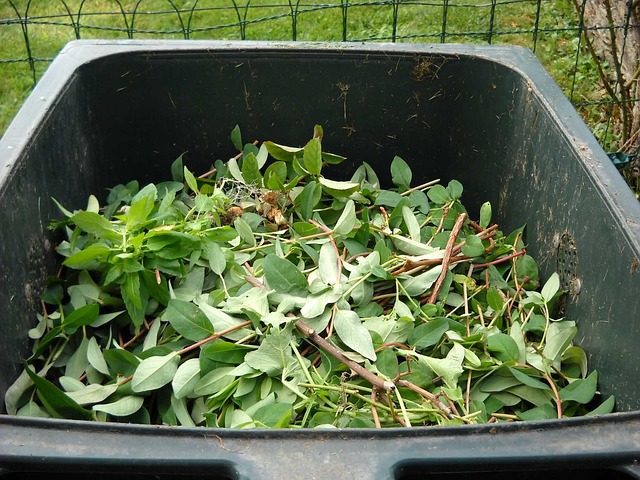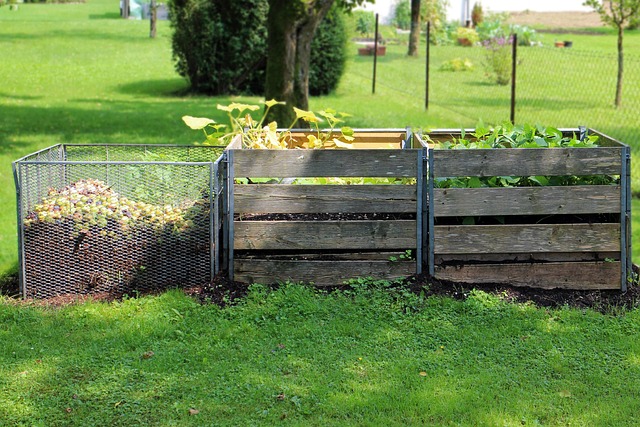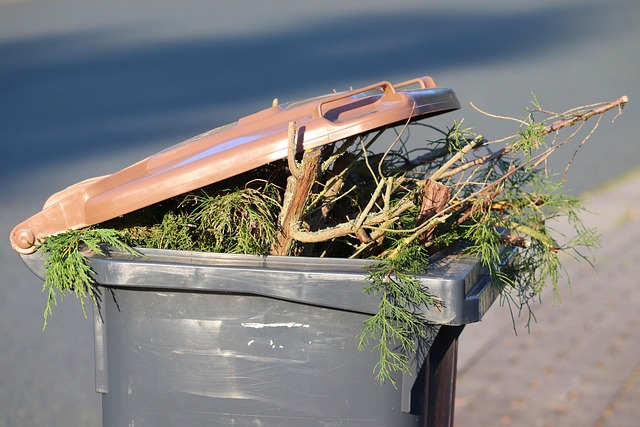As the gentle breeze dances through the leaves and the sun casts a warm glow over our gardens, it’s the perfect time to start thinking about how we can contribute to a healthier planet. One of the most impactful ways to embrace this eco-friendly lifestyle is through green composting. This sustainable practice not only benefits our gardens but also plays a crucial role in nurturing our environment.
Gardeners have always had a special bond with nature, tending to their plants and watching them flourish. With the increasing awareness of environmental issues, we now have the power to transform our gardening habits into a more sustainable practice. Green composting is all about recycling organic waste into nutrient-rich soil, thereby reducing landfill waste and minimizing our carbon footprint.
At its core, green composting is a simple yet profound way to return to nature what we’ve taken from it. By collecting kitchen scraps like vegetable peels, fruit rinds, and coffee grounds, we can create a natural fertilizer that enhances soil quality and promotes healthy plant growth. Imagine the satisfaction of watching your garden thrive on compost made from your own waste!
Moreover, engaging in this practice fosters a deeper appreciation for the cycles of nature. The decomposition process itself is a beautiful journey where microorganisms break down organic matter, enriching the soil and enhancing microbial biodiversity. This not only provides essential nutrients for our plants but also helps in water retention and soil structure improvement.
As we embrace green composting, we also become a part of the solution against climate change. The piles of organic matter we create can significantly reduce greenhouse gas emissions. Decomposing organic waste in landfills emits methane—a potent greenhouse gas. By composting at home, we can curtail this emission and keep our environment cleaner and greener.
Furthermore, green composting can also turn out to be an economical choice for avid gardeners. Instead of purchasing chemical fertilizers that can harm the ecosystem, homemade compost is a zero-cost investment that boosts soil health. As the saying goes, “one man’s trash is another man’s treasure,” and in this case, your kitchen scraps can become the treasure chest for your garden!
Incorporating green composting into your gardening routine can be as easy as setting up a small bin in your backyard or even on your kitchen counter. Whether you’re a seasoned gardener or a novice, this practice is accessible and beneficial for all. Consider joining local green initiatives or community gardens that promote composting, where you can share tips and resources while connecting with like-minded eco-enthusiasts.
As we cultivate our gardens with love and care, let’s also aim to cultivate a love for the planet. Green composting is more than just a gardening technique; it’s a lifestyle choice that beckons us to consider our impact on nature. When we nurture the earth, it nurtures us in return, creating a sustainable environment for generations to come.
So roll up your sleeves and let’s dig into the world of green composting! Your garden—and Mother Nature—will thank you.



